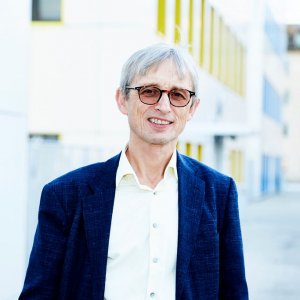Cross-border courses in the Nordics

Oslo Cancer Cluster Incubator collaborates with partners in Sweden, Norway and Finland to help life science professionals learn from their neighbours.
“Life science is a global business and cross-border collaboration is important, in particular for small countries in the Nordics” says Bjørn Klem, manager at Oslo Cancer Cluster Incubator.
Together with partners from three different professional sectors in three countries, Oslo Cancer Cluster Incubator recently received €75,000 in project funding over two years from the Nordplus Programme.
Digital competences
Nordplus is the Nordic Council of Ministers’ most important programme in the area of lifelong learning. On its webpage, Nordplus writes that more than 10,000 people in the Nordic and Baltic region benefit from the programme every year.
In 2019 and 2020, Nordplus welcomes applications on digital competences and computational thinking.
Innovation and competition
Bjørn Klem hopes that the project will benefit both Nordic innovation and competition.
“The outcome of this project should be to share educational resources to increase competence in the Nordic innovation environments. This will make innovation in life science more competitive in the global market.” Bjørn Klem
The Association of the Pharmaceutical Industry in Norway (LMI), one of the five partners in the project, also stresses the importance of Nordic collaboration for the life science industry. Marie Svendsen Aase, project coordinator LMI, puts it this way:
“We see Nordic cooperation as an essential value to the medical development that is now taking place with both personalised medicine and building a life science industry across the Nordic countries.”
Learning across the region
The project will make continuous learning for life science professionals, specifically in pharmaceuticals and medical devices, easier by facilitating courses and material digitally. At the same time, the project aims to adapt national courses to a Nordic and Baltic audience.
A course plan will be made in 2019.
The five partners in the project are:
- Swedish Academy of Pharmaceutical Sciences
- Swedish Pharmaceutical Industry Association
- Pharmaceutical Information Centre in Finland
- The Association of the Pharmaceutical Industry in Norway (LMI)
- Oslo Cancer Cluster Incubator





